Expert Nguyen Thanh Lam said that although there are challenges from Donald Trump's second term, this event also brings opportunities for the Vietnamese economy and businesses.
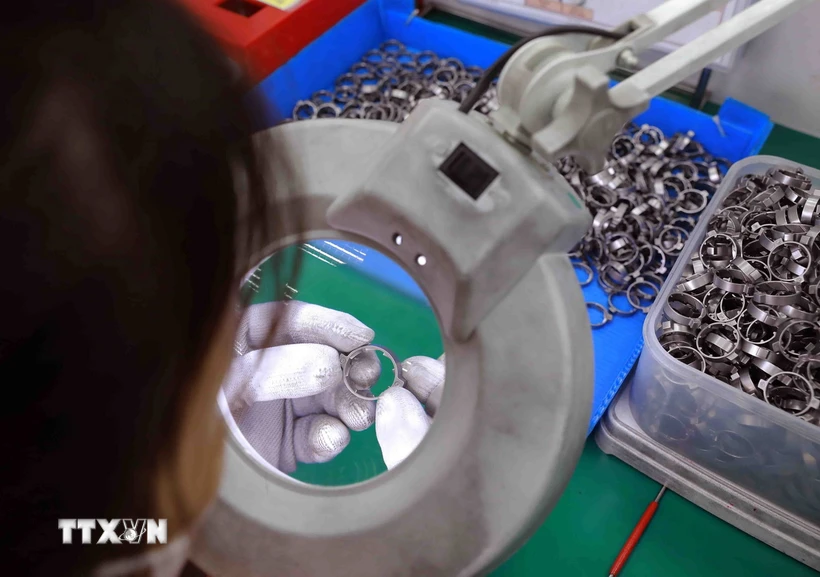
The US presidential election is over, all eyes are on what the new administration of Donald Trump will do when it takes office in January 2025. There have been many concerns about the impact of this event on economies around the world, especially global trade.
With a large open economy, Vietnam may be affected to some extent by the election of Mr. Trump. However, besides the challenges, experts also believe that this event also brings opportunities for the Vietnamese economy and businesses.
Fears of inflation and high tariffs
According to Mr. Heng Koon How, Head of Market Strategy, Global Economics and Market Research, UOB Bank (Singapore), the policies that Mr. Trump wants all carry inflation risks.
During his campaign, Mr. Trump advocated a series of escalating tariffs. These ranged from a significant increase in trade tariffs on China to 60%, to a punitive 200% tax on imported cars from Mexico. These tariffs would be added to a proposed general tariff of 10% on all goods imported into the United States…
However, “even if only partially implemented, these policies could be inflationary for the US economy. The Peterson Institute for International Economics has warned that Trump’s proposed tariffs could cost the typical US household more than $2,600 a year. This higher inflation could lead to a smaller rate cut path from the Fed than the market expects,” commented Heng Koon How.
Mr. Nguyen Thanh Lam, Director of Personal Client Analysis at Maybank Securities Company, also said that Mr. Trump's re-election is likely to create strong impacts on the global supply chain, by increasing US import tariffs from China to 60% and from other countries to 10%.
According to Mr. Lam, this not only has a strong impact on exporting countries like Vietnam but also increases the value of the USD globally as capital continues to flow into safe assets. In addition, Mr. Trump's policies may cause US inflation to rise again and the US Federal Reserve (Fed) is likely not to cut interest rates as strongly as expected, leading to pressure on the exchange rate.
Challenges are inevitable, but on a more optimistic note, Michael Kokalari, Director of Macroeconomic Analysis and Market Research at VinaCapital, said that these risks have been pushed to an unnecessary level and there is no reason to worry that Mr. Trump's victory will derail Vietnam's economic growth.

According to Mr. Michael Kokalari, the recent US presidential election recorded many exaggerated statements and exaggerated information from the media. This made many voters feel like it was information for campaigning, instead of fair and objective information, but this also led to excessive concerns about the economic impact of Mr. Trump's second term.
"The threat of tariffs is largely overstated. Higher tariffs may just be a ploy to appeal to one of Trump's key constituencies, the working class, and in negotiations, especially with China," commented Michael Kokalari.
In fact, Mr. Trump has assembled a team of very knowledgeable and talented economic advisers who are fully aware of the negative consequences of imposing heavy tariffs on goods imported into the United States. These negative consequences include discouraging the return of manufacturing jobs to the United States, because high tariffs drive up the value of the dollar.
Furthermore, Vice President-elect JD Vance also demonstrated his economic insight when he pointed out that the role of the US dollar as a global reserve currency has led to an overvalued US dollar – which makes it economically unviable to bring manufacturing jobs back to the US.
Meanwhile, the US economy is facing its worst “stagflation” (meaning high inflation and low economic growth) since the 1970s. Heavy tariffs will exacerbate the strong inflation that the US economy is likely to experience next year.
Find opportunity in challenge
Despite the uncertain outlook from the US election, experts from UOB Bank believe that Southeast Asia, including Vietnam, will remain a stable region for economic growth and strong trade opportunities.
UOB forecasts foreign direct investment (FDI) flows into Southeast Asia to increase by 38% to US$312 billion by 2027 and to US$373 billion by 2030. Amid the upcoming uncertainty over global trade arising from the US election, it is important to note the strong and supportive trade relationships established by the Association of Southeast Asian Nations (ASEAN).
Regarding Vietnam-US trade relations under Mr. Trump, Mr. Michael Kokalari, Director of Macroeconomic Analysis and Market Research at VinaCapital, said there was no reason for Mr. Trump to target Vietnam when there was no significant opposition to the consumption of "made in Vietnam" products from American consumers.
In fact, Vietnam could help the US wean itself off its dependence on cheap goods from China. Vietnam can produce goods that American consumers want to buy but are too expensive to produce in the US.
VinaCapital’s expert believes that Vietnam will continue to maintain its steady growth momentum under the Trump administration. Vietnam’s skillful “bamboo diplomacy” in maintaining good relations with major powers has helped the country achieve many achievements, and there is no reason to believe that this will change. Although the US may impose new tariffs on imported goods, the possibility of imposing high tariffs (20-30%) on Vietnamese goods is very low.

“Even if the US imposes comprehensive tariffs (5-10%) on goods from all countries other than China, Vietnam will still retain its advantage in FDI inflows compared to its competitors. However, Vietnam needs to proactively consider ways to reduce its trade surplus with the US before this issue becomes a major concern for the new administration,” Mr. Michael Kokalari analyzed.
Mr. Nguyen Thanh Lam, Director of Personal Client Analysis at Maybank Securities Company, also said that although there are challenges from Mr. Trump's second term, this event also brings opportunities for the Vietnamese economy and businesses.
“FDI in Vietnam may increase further, similar to what happened during Trump’s first term, as a 10% import tax is still much better than a 60% tax. In addition, new business opportunities may arise in the energy, IT and aviation logistics sectors, as Vietnam may seek to import more goods and services from the US (such as LNG, software, etc.) to ease tensions with its partners,” Lam said.
Speaking at the Vietnam Investment Forum 2025, organized by Vietnambiz and Vietnammoi in Ho Chi Minh City on November 8, Mr. Nguyen Ba Hung, chief economist of the Asian Development Bank (ADB), also said that Mr. Trump's election will certainly affect world trade, although the implementation of his campaign commitments remains an unknown.
Therefore, Vietnam, with its large economic openness and high export-to-GDP ratio, will face significant challenges in global trade policy, especially in the US market.
“In addition to continuing to promote the advantages of foreign economic relations, we need to have solutions to balance the domestic economy. There needs to be measures to focus on stimulating domestic demand, stimulating the domestic economy to recover, develop better and become a balanced driving force for economic growth," Mr. Nguyen Ba Hung proposed./.


![[Photo] Close-up of Vietnam's sniffer dog team searching for earthquake victims in Myanmar](https://vstatic.vietnam.vn/vietnam/resource/IMAGE/2025/4/1/d4949a0510ba40af93a15359b5450df2)


![[Photo] Prime Minister Pham Minh Chinh meets with King Philippe of Belgium](https://vstatic.vietnam.vn/vietnam/resource/IMAGE/2025/4/1/be2f9ad3b17843b9b8f8dee6f2d227e7)
![[Photo] General Secretary To Lam receives King Philippe of Belgium](https://vstatic.vietnam.vn/vietnam/resource/IMAGE/2025/4/1/e5963137a0c9428dabb93bdb34b86d7c)
![[Photo] President Luong Cuong and King Philippe of Belgium visit Thang Long Imperial Citadel](https://vstatic.vietnam.vn/vietnam/resource/IMAGE/2025/4/1/cb080a6652f84a1291edc3d2ee50f631)
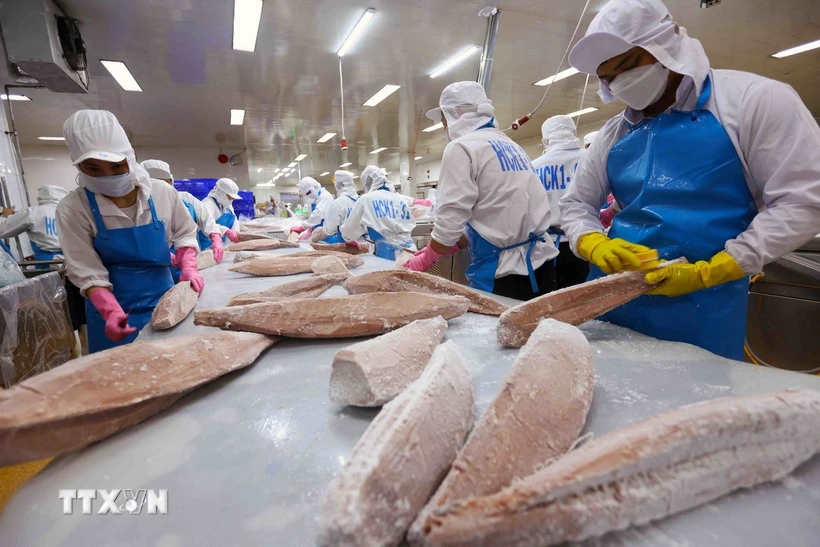




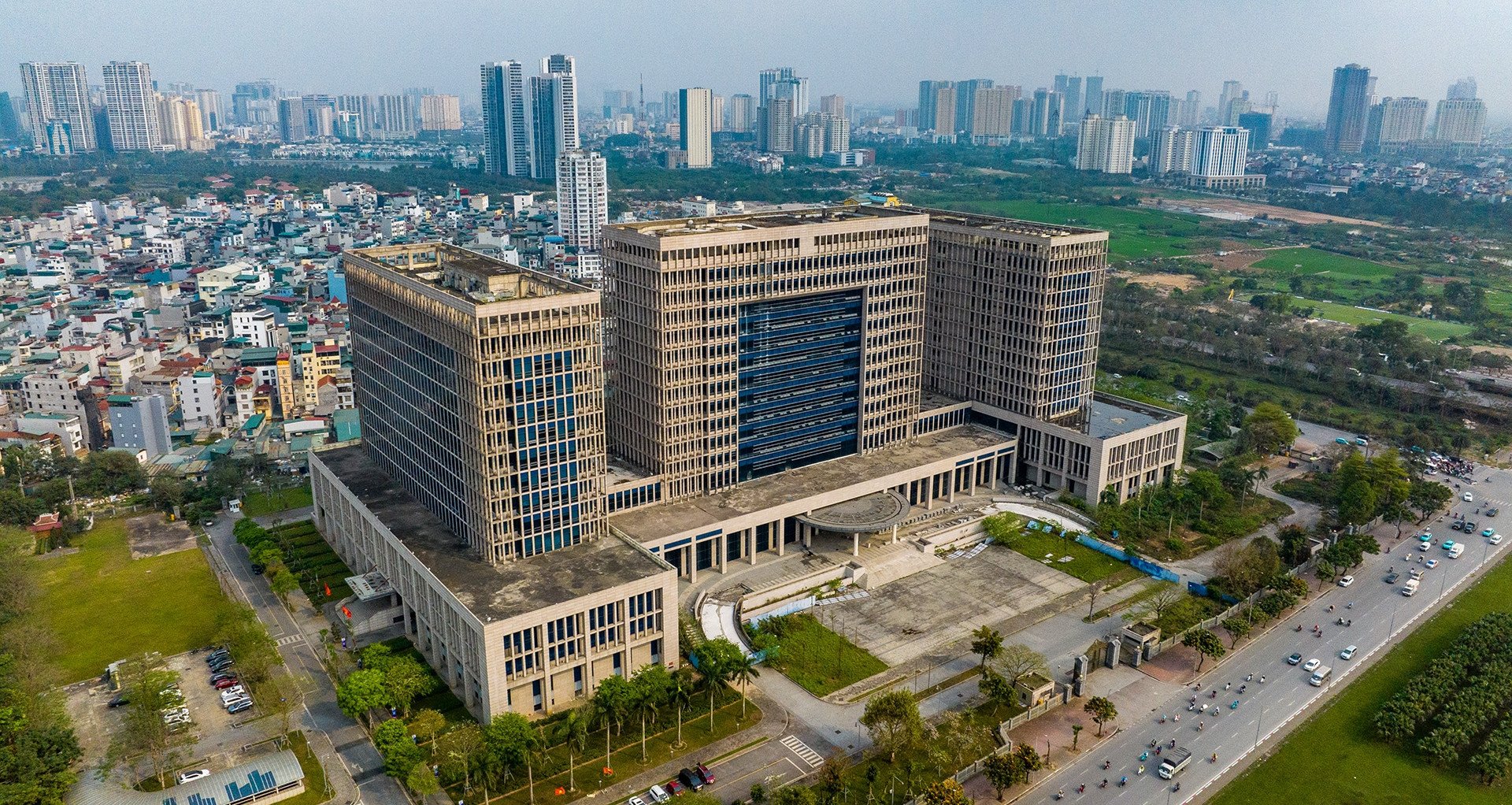


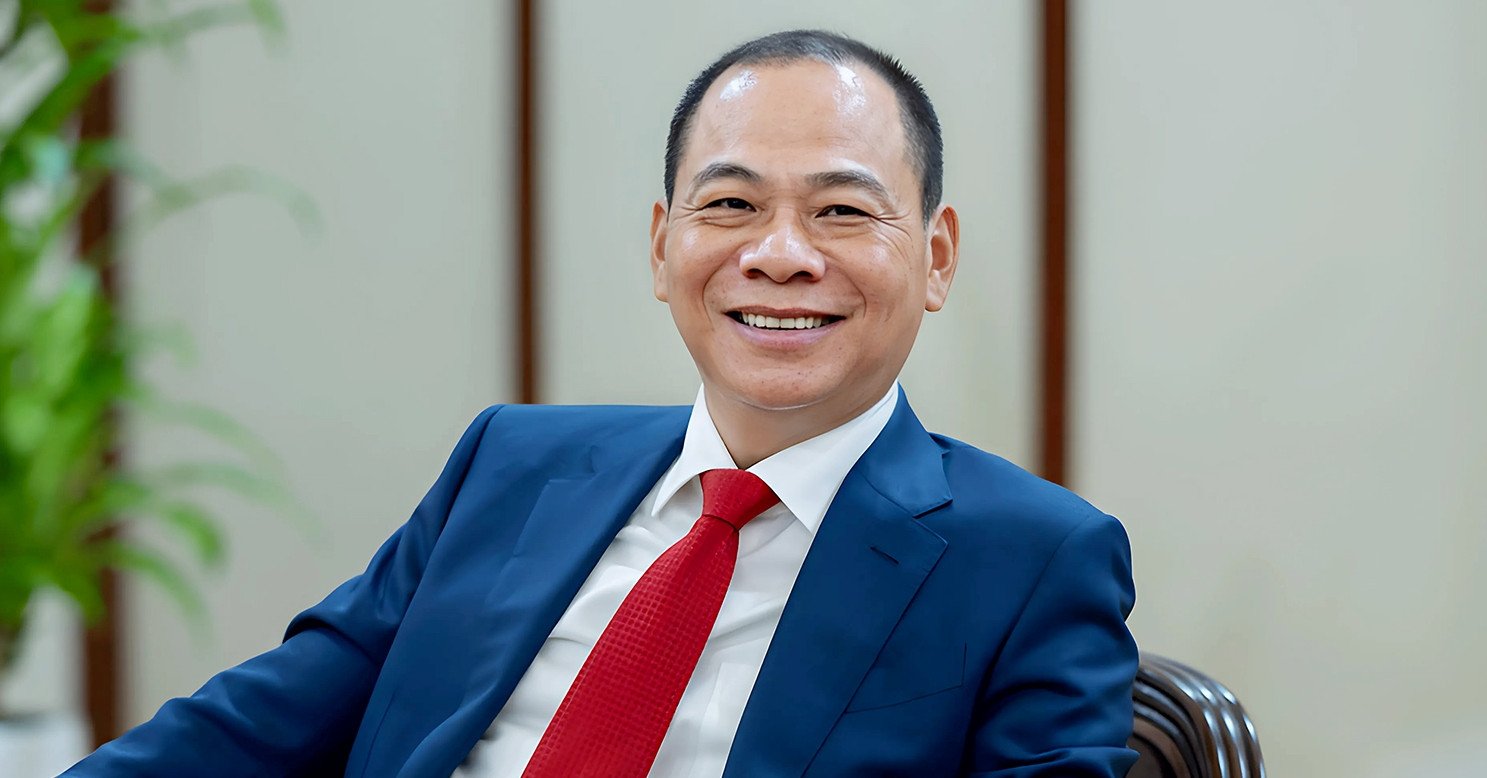


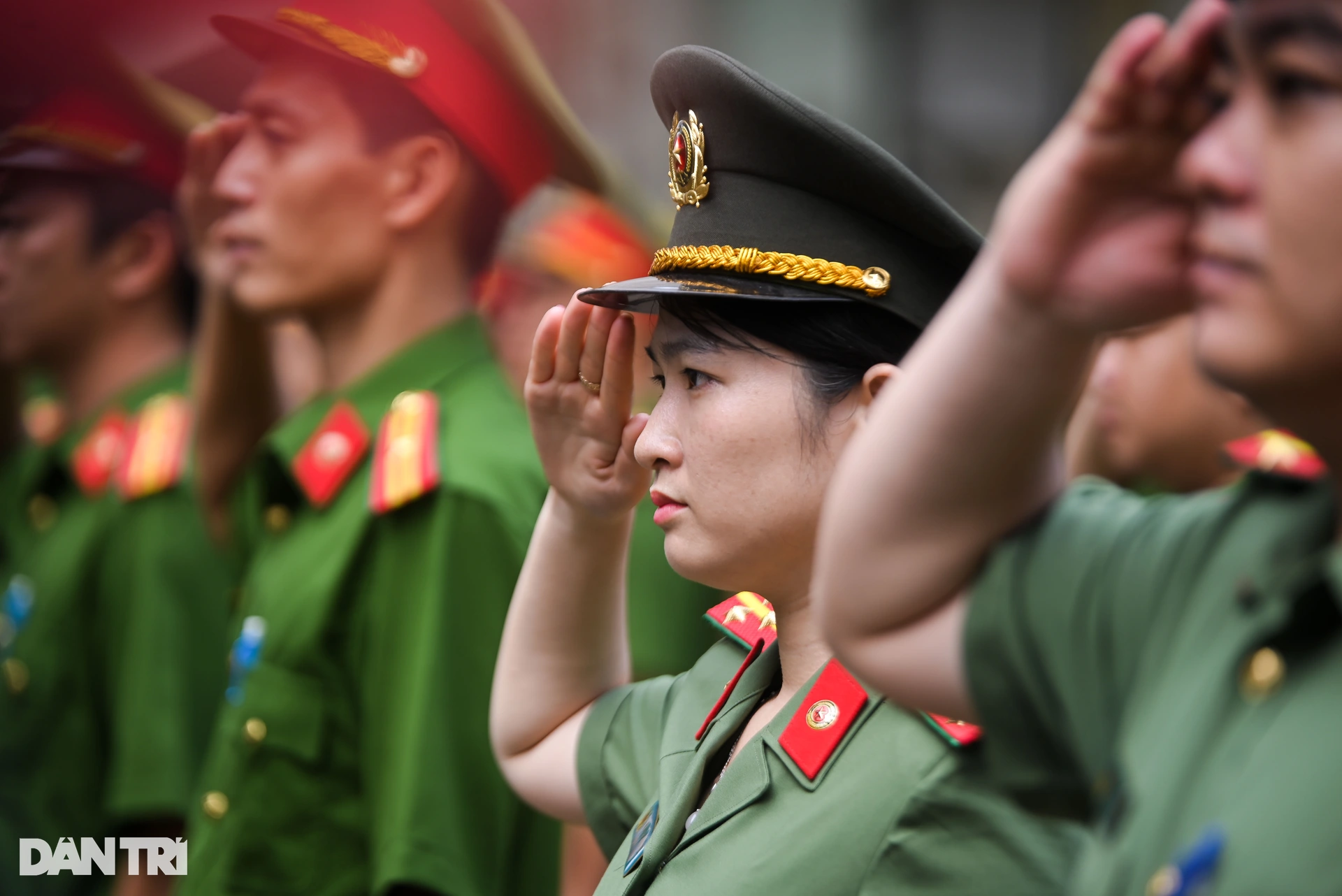
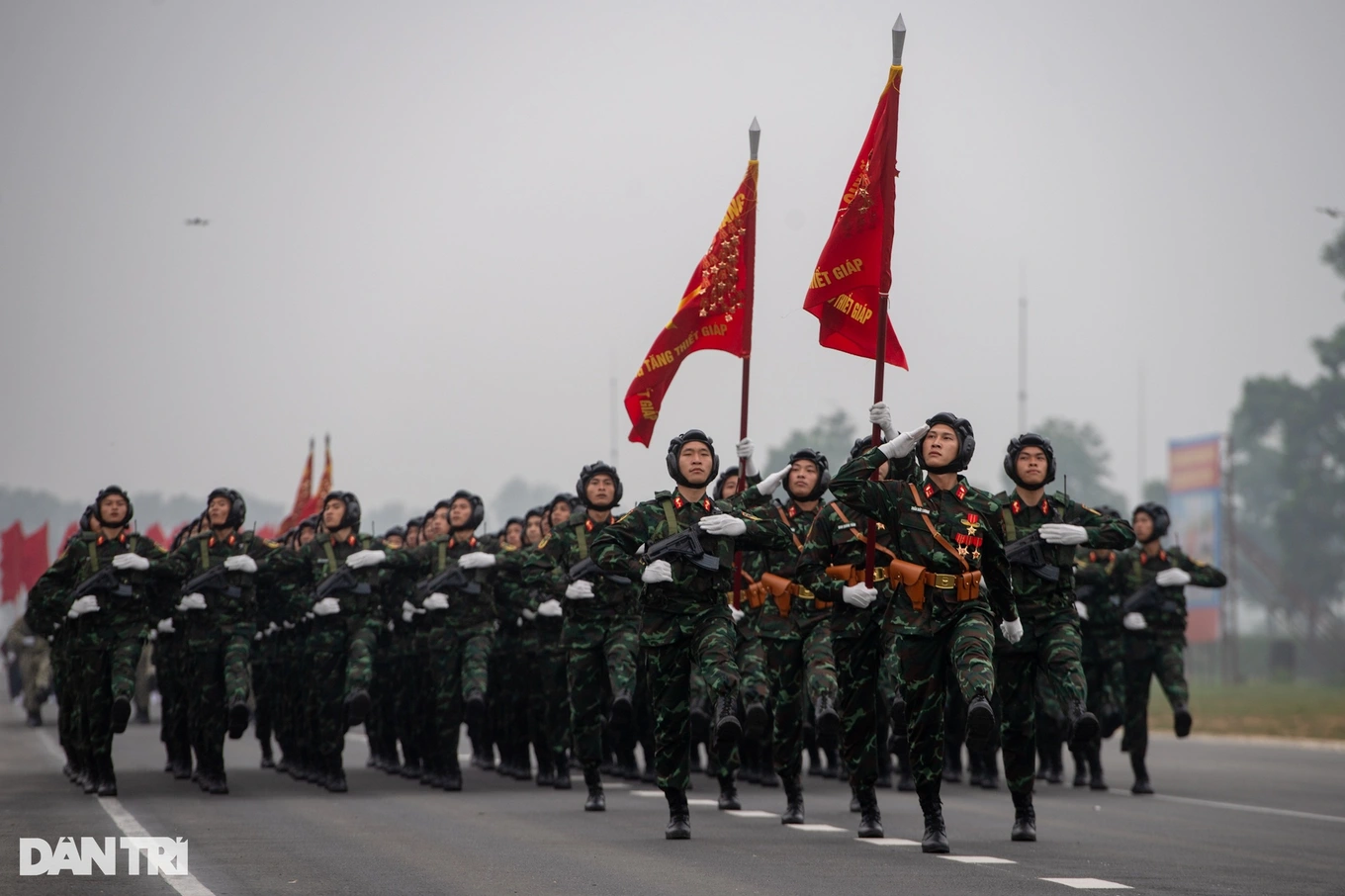
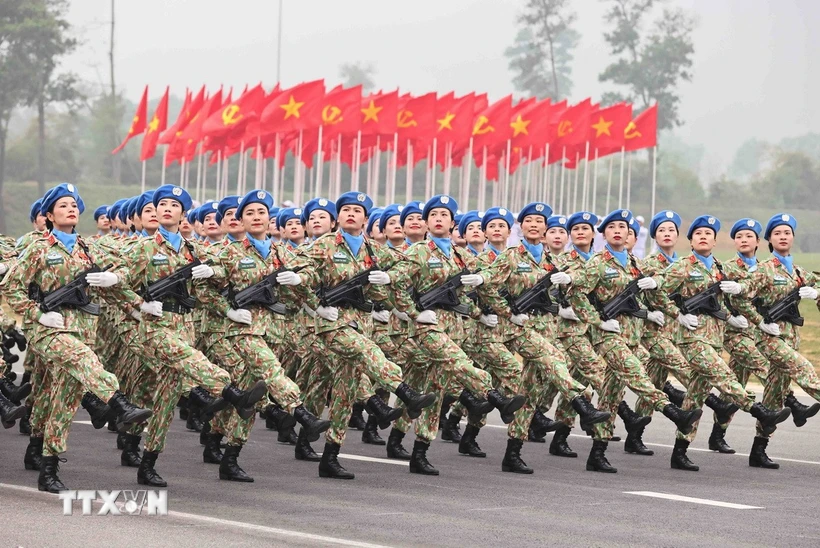
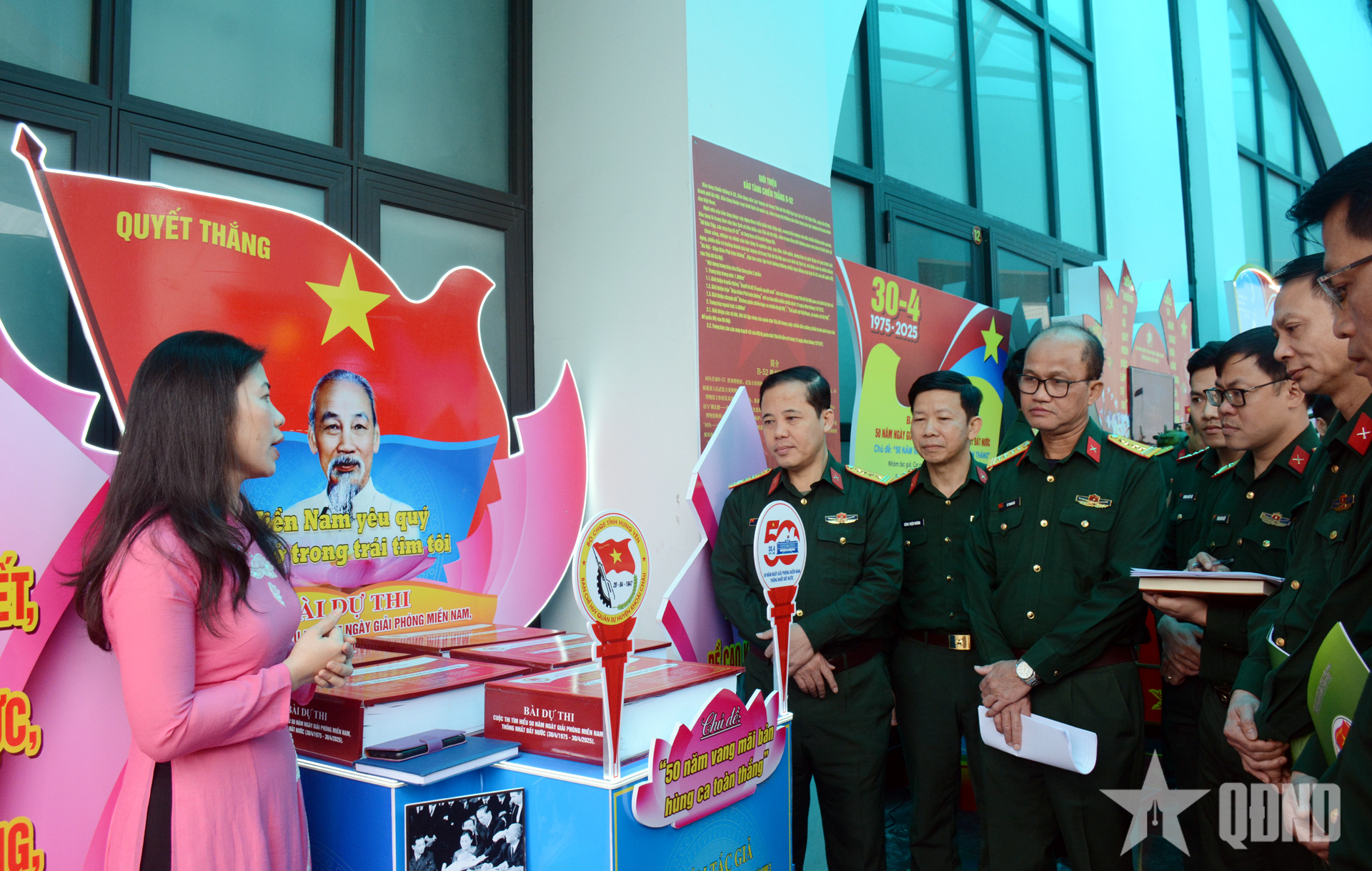




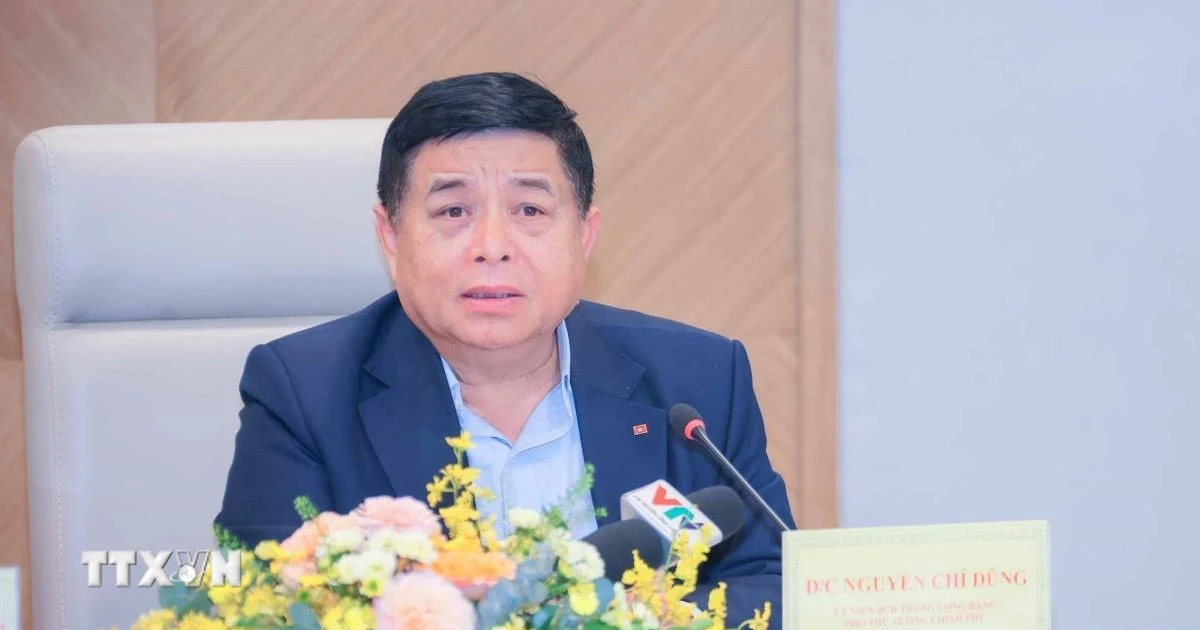




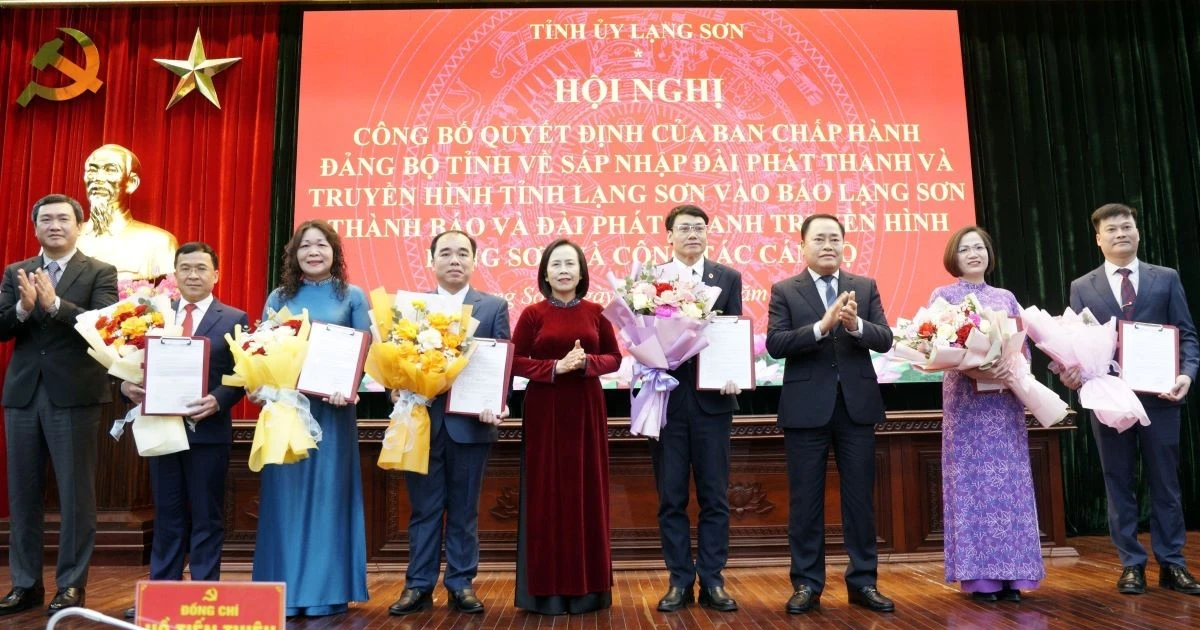
![[Photo] Myanmar's capital in disarray after the great earthquake](https://vstatic.vietnam.vn/vietnam/resource/IMAGE/2025/4/1/7719e43b61ba40f3ac17f5c3c1f03720)











































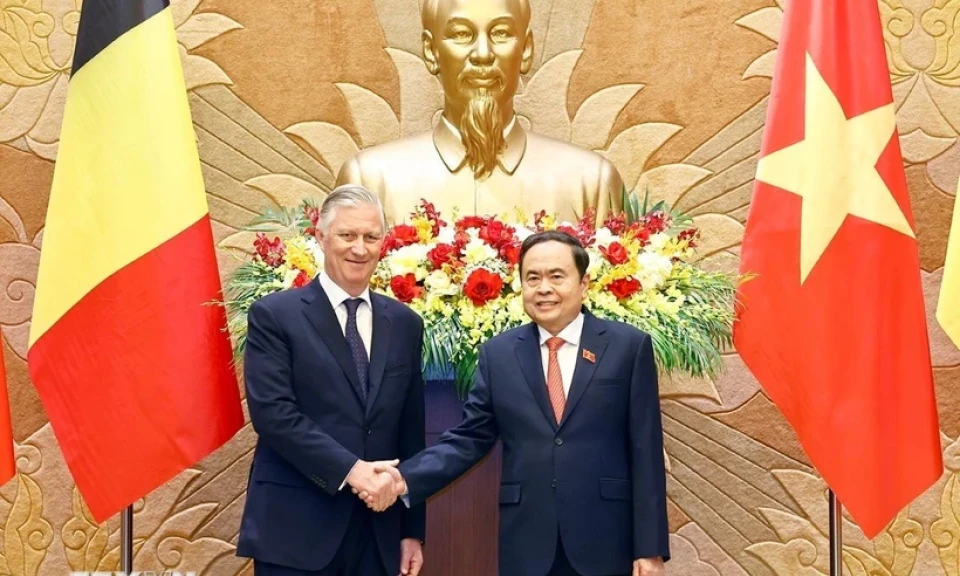

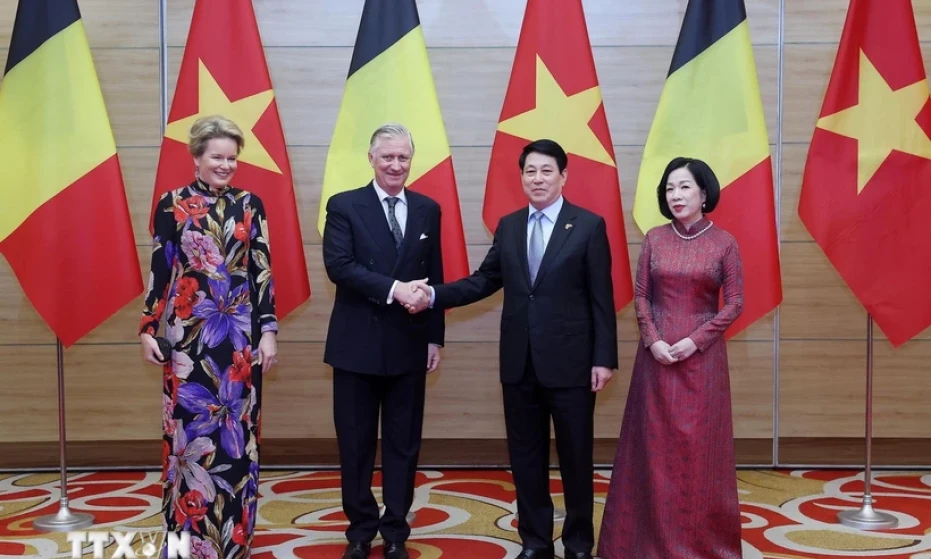



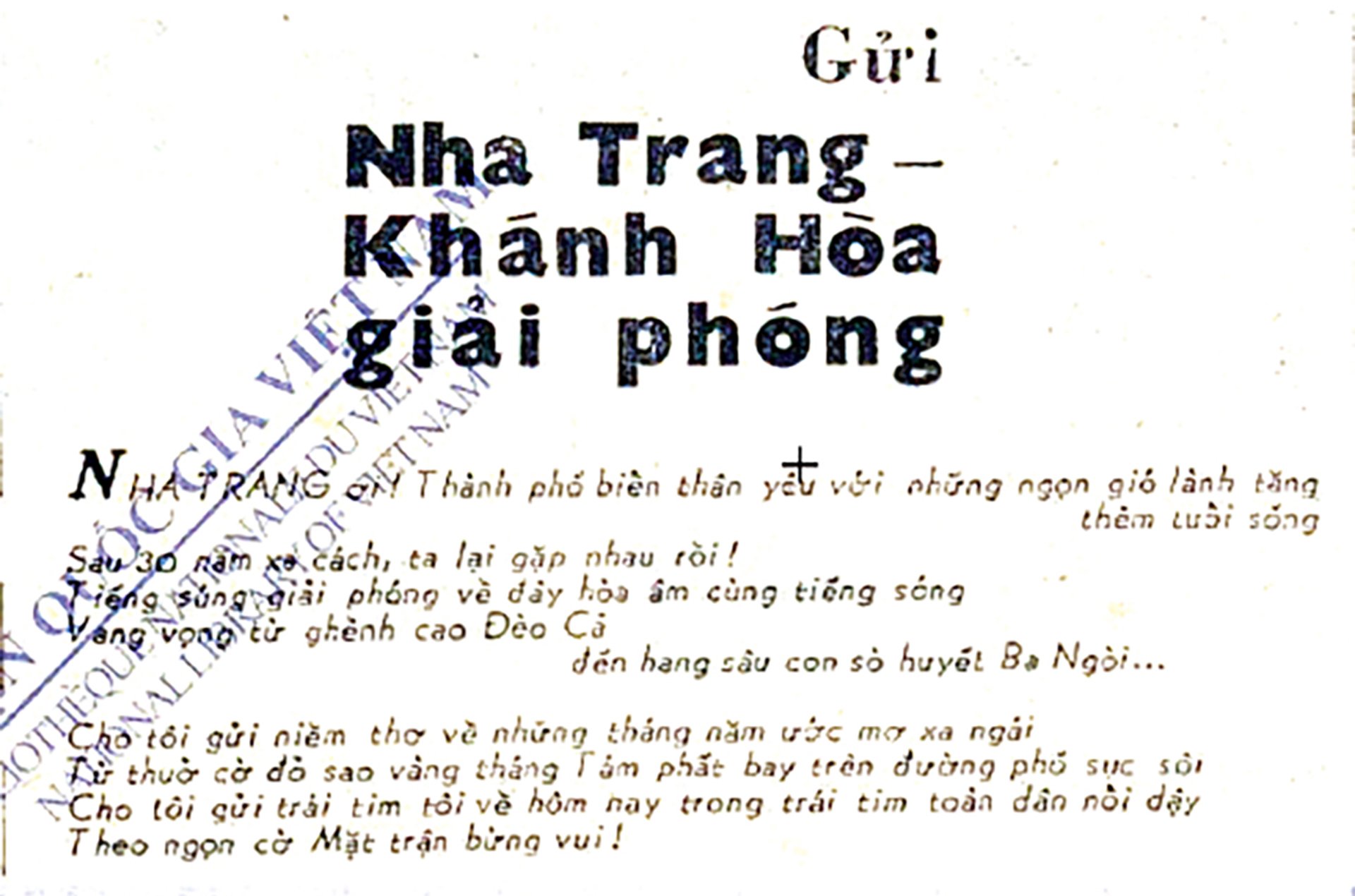













Comment (0)